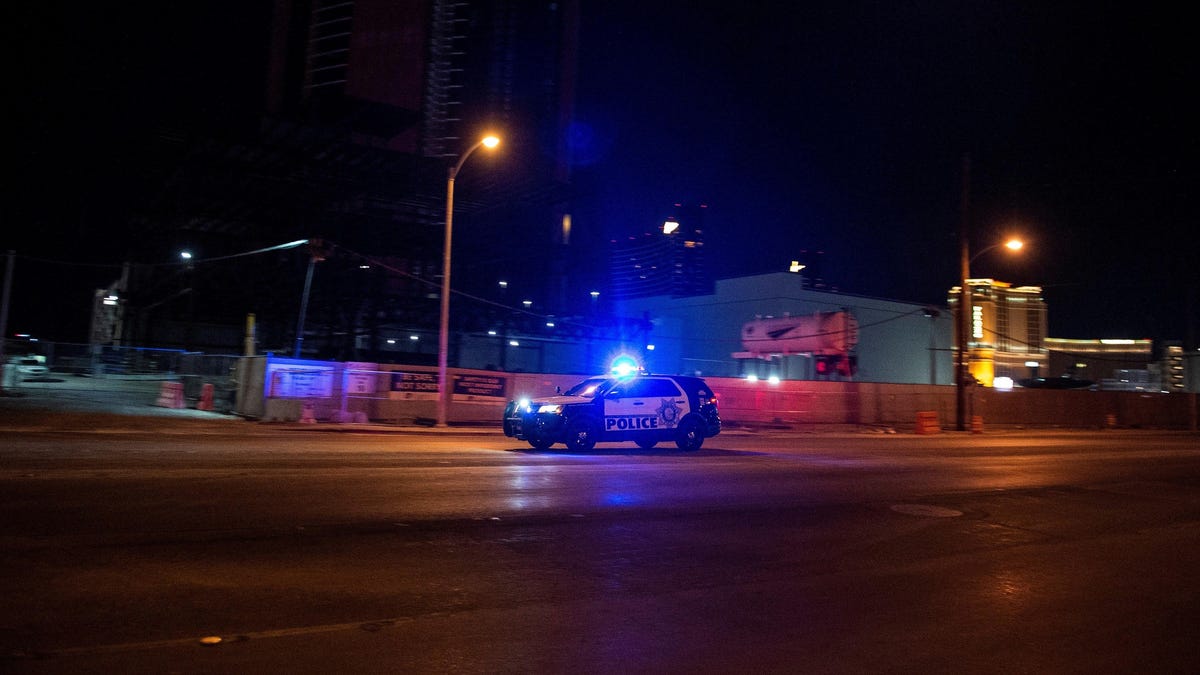Citizen Launches $20 Protect Service for Calling the Cops

Citizen, the self-proclaimed crime-fighting app, has launched a new premium service that, for $20 a month, lets you do something you can already do for free.
The company’s free platform serves as a public safety notification system that uses push alerts to tell users about emergency-related incidents happening in their area (fires, car crashes, criminal activity, etc). Now, however, it has launched its paid service, called “Protect”—described as an “on-demand, personalized, mobile protection subscription that gives you 24/7 access to Citizen’s team of highly trained Protect Agents.” What is a Protect Agent, you ask? Frankly, they sound a lot like your typical emergency dispatchers—you know, the kind you get when you call 911, for free? There are some tweaks, however.
Protect is essentially a customer service suite, in which subscribers can be connected to an agent—who then stays on the phone with them during sketchy situations or will simply call “911 on your behalf.” There is also apparently a new “Distress Detection” feature that, when engaged, will use your phone mic to listen to you and if its algorithm picks up, say, the sound of you screaming for your life, it will connect you to an agent. The company explains it like so:
…your audio is monitored by our AI-powered technology which identifies sounds that indicate trouble, like a scream for example. When a distress signal is identified, you will be asked if you’d like to be connected with a Protect Agent. And if you don’t respond within 10 seconds, you’ll be automatically connected just in case you’re experiencing an emergency.
According to the company, the service also provides a “text-only” option, which can be used in situations where a caller “may not want to be seen calling 911.” This is for if you’re being held hostage or something? A Citizen spokesperson provided the following examples:
We’ve seen Protect used in many different situations, whether someone has first date jitters, is getting into a rideshare late at night, is in a difficult domestic situation, or is simply feeling unsafe whether they’re walking home alone.
G/O Media may get a commission
The company says that it is launching the new service after testing it with nearly 100,000 beta users, and claims that it’s trying augment, not replace, already existing emergency response services. Yet as much as Citizen would like to convince Americans that it’s trying to keep us all safe, it’s just hard to look past its weird history, or its apparently un-ironic desire to become a fixture of the overly surveilled future none of us actually want to live in.
When it launched back in 2016, the app went by the name “Vigilante”—and its business model was to ask users to capture and post videos of terrible things happening in their neighborhoods (fires, shootings, etc). It subsequently got a large cash infusion and rebranded. In recent times, it has been on a mission to aggressively expand in any way it can—throwing out wild ideas for bizarre new services and then frequently backtracking. For instance, it recently announced plans—and then subsequently scrapped them—to send on-demand security teams to app users’ neighborhoods, a kind of Uber-meets-Blackwater thing that seemed like a really bad idea. More recently, it came to light that Citizen has been paying app users to basically become Jake Gyllenhaal’s character from Nightcrawler, deputizing them into a pseudo-broadcast journalism clique to capture footage of local carnage, in a move that signals a potential interest in the local news market.
However, despite all these dreams of corporate growth, it’s not totally clear how useful Citizen’s core public safety feature actually is. If you listen to some users’ reviews, it doesn’t sound that great: “The one thing I’ll say about this app is that I don’t like it,” said George G, a Los Angeles resident, in his 2019 YouTube review of the app. “It just bombards you with all of this information. A lot of 911 calls are bullshit anyways. So if you want your phone going off nonstop, telling you there’s a shooting or a car crash that was 10 miles away—which is literally, basically on a different planet if you live in Los Angeles—this app is not for you.”
Source link





